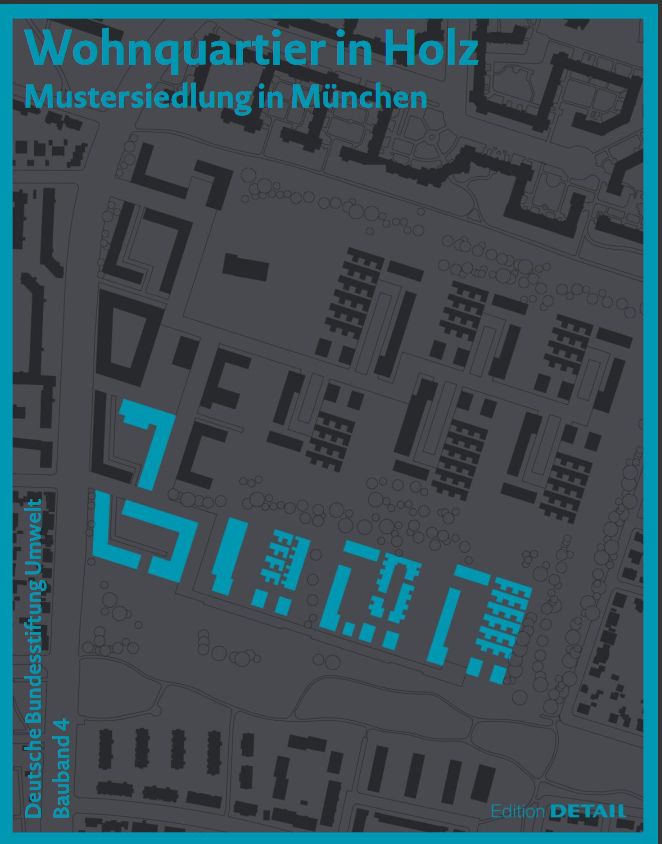The state of Rhineland-Palatinate is launching a solar offensive with a 5-million-euro funding programme for private and municipal solar storage systems.
Today, 9 October 2019, Energy Minister Ulrike Höfken and the Rhineland-Palatinate Energy Agency officially launched the Solar Offensive, which is to take effect at various levels. The Minister presented the solar storage programme as a central component of the offensive. "With the programme, we support private households and municipalities in installing new photovoltaic systems combined with battery storage. In this way, we want to promote the self-supply of municipalities with their properties such as climate schools and private individuals with self-generated PV electricity and its storage," said Höfken.
The funding can be applied for at the Rhineland-Palatinate Energy Agency at: www.energieagentur.rlp.de/solarspeicher
Keywords: DE-News, Energy storage, Renewable, Funding, Climate protection, News Blog RLP, PV, PlusEnergy house/settlement, Electricity storage, Ecology



